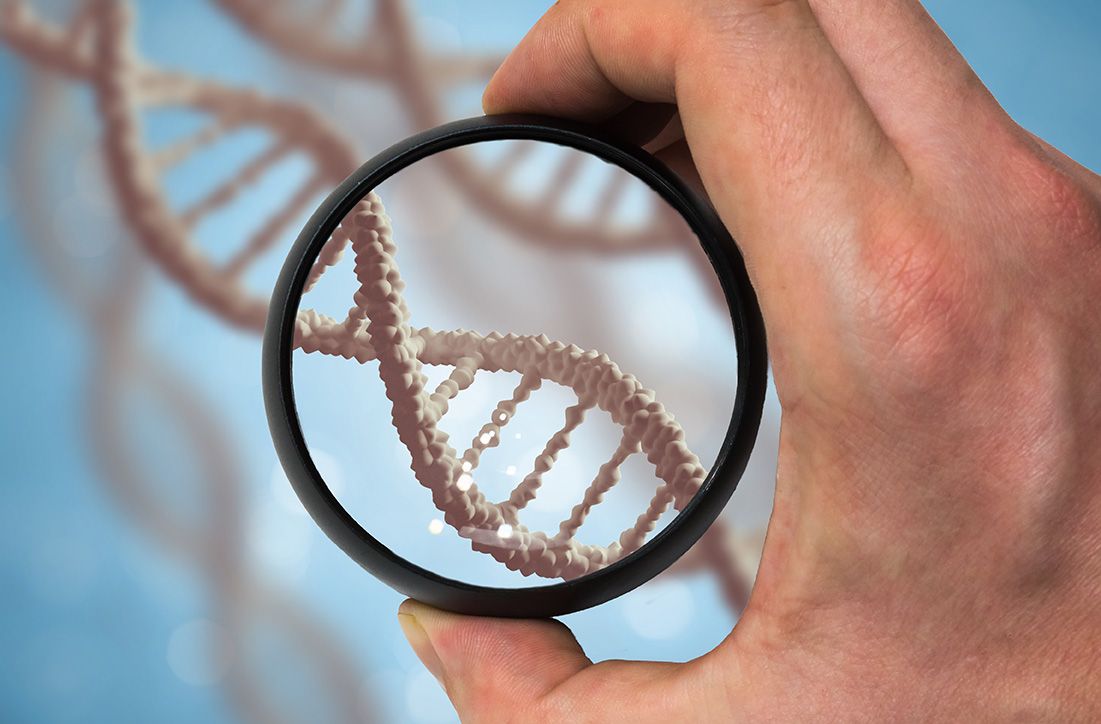Chromosomes are the DNA found in the nuclei of all cells. They contain all of the organism’s genetic information — the instructions for life. During conception, a sperm and egg fuse and provide all 23 pairs (46 total) chromosomes found in the nuclei of the cells of most human beings. Down Syndrome occurs when an embryo inherits or mistakenly duplicates an additional partial or full copy of the 21st chromosome.
Individuals with Down syndrome often suffer from irreversible intellectual or developmental disabilities that can range from mild to severe. This condition is considered the most common genetic disorder diagnosed in the United States each year; however, very little is known about what causes it. Some women may choose to undergo non-invasive prenatal genetic testing for a better idea of her child’s risk of being born with Down Syndrome.
Risk Factors for Down Syndrome
While doctors and researchers are unsure why this extra chromosome occurs or all the factors that play a role in its appearance, the biggest risk factor for having a child with down syndrome has been shown to be maternal age. According to studies, the risk of having a child with down syndrome increases after the age of 35. At age 20, a pregnant woman has a 1 in 2,000 chance of having a child with down syndrome, compared with a 1 in 350 chance at age 35, and a 1 in 100 chance at age 40.
One type of Down syndrome, caused by translocation (when part of the extra 21st chromosome is attached to another chromosome), is known to be hereditary in some cases. If you are pregnant and of advanced maternal age or determined by your doctor to be at an increased risk for having a child with Down syndrome, you may be referred for prenatal testing.
Non-invasive Prenatal Genetic Screening
Available as early as the first trimester, non-invasive prenatal genetic testing is a simple procedure done while the woman is pregnant that poses no risk to the developing child. It involves a simple blood draw, and can inform the parents of the likelihood that their child will be born with Down syndrome. It is important to note that these tests do not guarantee that the child will/will not be born with the condition. After the results are received by your doctor, if they are positive, further diagnostic tests may be recommended to confirm the diagnosis of Down syndrome in the developing fetus.
Prenatal Diagnostic Testing
Prenatal Diagnostic Tests are invasive and can carry some risk for the fetus, so they will usually only be recommended after initial non-invasive prenatal testing is performed and indicates a need for additional testing. The two types of prenatal diagnostic testing available for this condition are:
Chorionic villus sampling (CVS) – This procedure involves taking fetal cells from the placenta and testing them for chromosomal abnormalities. This test can be performed towards the end of the first trimester of pregnancy (between 10 to 12 weeks gestation).
Amniocentesis – During this test, a needle is used to extract a small amount of the amniotic fluid surrounding the fetus, which is then evaluated for chromosomal abnormalities. This test is most commonly done in the second trimester (between 15-18 weeks gestation).
Planning for the Future
The results of prenatal diagnostic testing can help you make important preparatory decisions for your developing child, as well as ensure adequate medical attention for the remainder of the pregnancy. If your baby is diagnosed with Down syndrome before birth, you’ll be able to make the necessary lifestyle adjustments and arrange for the best care options for your child. A genetic counselor will be able to provide additional information about Down syndrome and caring for a child with Down syndrome.
If you have additional questions about Down syndrome, or about prenatal testing, contact your doctor or make an appointment with a genetic counselor today.



Leave a Reply
You must be logged in to post a comment.